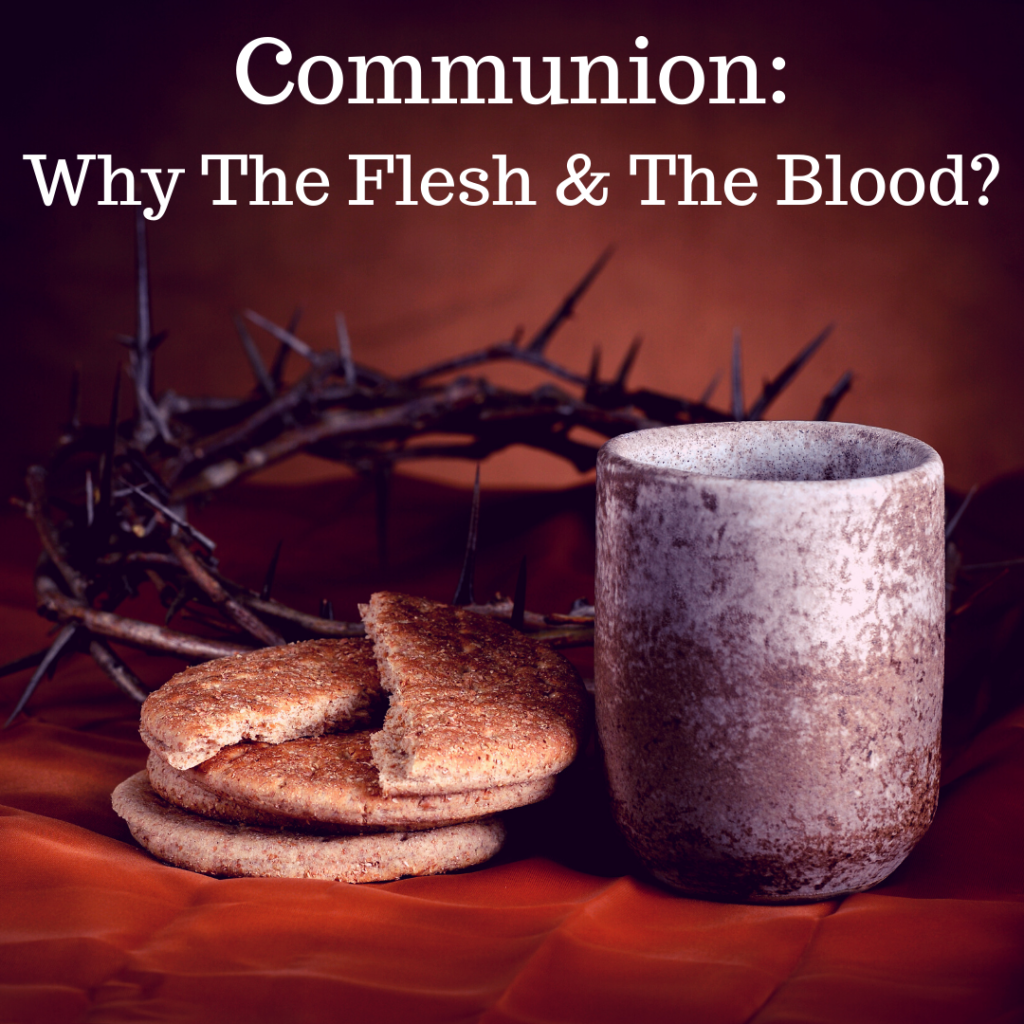Throughout the Gospels, Jesus heals anyone who comes to Him in faith. He healed Jew and non-Jew until He came across a certain gentile woman. When the Syrophoenician woman came before Jesus on behalf of her demon-possessed daughter, Jesus said these famous words, ‘It is not right to take the children’s bread and throw it to the dogs.’ Why did Jesus call this woman and her daughter dogs? What does ‘dogs’ mean in the Bible? Join ArieRashelle as she searches through Scripture to find the reason behind Jesus’ seemingly harsh response in her video, The Little Dogs and The Syrophoenician Woman.
Matthew 8:5-16
Revelation 22:14-15
2 Peter 2:19-22
1 Kings 17:7-16
Luke 4:25-26
Matthew 7:6
The Little Dogs and The Syro-Phonecian Woman
24 And from there He arose and went away to the region of Tyre and Sidon. And He entered a house and did not want anyone to know, yet He could not be hidden. 25 But immediately a woman whose little daughter had an unclean spirit heard of Him and came and fell down at His feet. 26 Now the woman was a Gentile, a Syrophoenician by birth. And she begged Him to cast the demon out of her daughter.
27 And He said to her, “Let the children be fed first, for it is not right to take the children’s bread and throw it to the dogs.” 28 But she answered Him, “Yes, Lord; yet even the dogs under the table eat the children’s crumbs.” 29 And He said to her, “For this statement you may go your way; the demon has left your daughter.” 30 And she went home and found the child lying in bed and the demon gone.
Mark 7:24-30
The Definition of Dogs in the Bible
What does ‘dogs’ mean in the Bible? Peter tells us that the term ‘dogs’ is used to define anyone who knows the ways of righteousness (are saved), yet returns to their old ways in the Bible.
20 For if, after they have escaped the defilements of the world through the knowledge of our Lord and Savior Jesus Christ, they are again entangled in them and overcome, the last state has become worse for them than the first. 21 For it would have been better for them never to have known the way of righteousness than after knowing it to turn back from the holy commandment delivered to them. 22 What the true proverb says has happened to them: “The dog returns to its own vomit, and the sow, after washing herself, returns to wallow in the mire.”
2 Peter 2:20-22





